Romania’s justice laws, under scrutiny in Brussels
The European Commission continues to be concerned about how the Romanian justice system works.

Bogdan Matei, 09.11.2017, 13:13
Having joined the European Union in 2007, Romania has a
justice system that is still closely monitored by its European partners.
Doubting the Bucharest authorities’ will and ability to ensure the independence
of the judiciary and effectively fight corruption, Brussels imposed, at the
moment of Romania’s EU accession, the creation of a so-called mechanism of
cooperation and verification. Under this mechanism, EU experts assess the
country’s progress in the field of justice and draw up periodic reports on
the progress made and also on the flaws in the system.
On Wednesday, Romanian Justice Minister Tudorel Toader said
he was confident that the upcoming intermediary report the European Commission
is to made public soon would be balanced and objective. Toader also said he
discussed the issue with European officials in Brussels, including with the
European Commission First Vice-President, Frans Timmermans. Minister Toader
discussed with Frans Timmermans about the evolutions covered by the monitoring
report and about the objective presentation of the solutions proposed in the
new package of laws meant to reform the Romanian judiciary.
The three major laws that govern the functioning of the
justice system, that is the status of judges and prosecutors, the Supreme
Council of Magistracy and the judicial organisation, are to be amended in
keeping with the Constitutional Court’s decisions. However, the political
opposition and the media suspect that the Government is in fact trying to
subtly insert into the new laws stipulations that might sabotage the
anti-corruption efforts. The most vehement reactions were sparked by Minister
Toader’s initial proposal, a proposal dropped eventually by the ruling
coalition, that the
country’s president should no longer be involved in the procedure of appointing
the head prosecutors of the Prosecutor General’s Office, the Anti-Corruption
Directorate and the Directorate for
the Investigation of Organised Crime and Terrorism.
Nevertheless, it is
the status of the Judicial
Inspection Corps that seems to be the main cause for concern for European
partners, as Minister Toader pointed out.Initially, the
bill supported by the Justice Minister placed the Judicial Inspection Corps
from under the umbrella of the Supreme Council of Magistracy to the
subordination of the line ministry, fuelling suspicions of political subordination.
Faced with the magistrates’ disapproval and vehement protests by the opposition
and civil society, Minister Toader softened his stance and said that whether
under the coordination of the Supreme Council of Magistracy or that of the
Justice Ministry, the Judicial Inspection Corps needed what he termed as a
consolidation of its guarantees of independence.
Still
unconfirmed officially but reported in the media, the information that Frans
Timmermans had recommended Minister Toader that the justice laws should not be
revised without the approval of the Venice Commission has already triggered
reactions in Romania. The former Social Democratic justice minister Florin
Iordache, in his new capacity as president of Parliament’s special committee on
justice, has said that it is up to the Bucharest Parliament to decide if the
approval of the Venice Commission is needed or not.






























